Home>Gardening & Outdoor>Landscaping Ideas>Why Can’t Horses Eat Grass Clippings
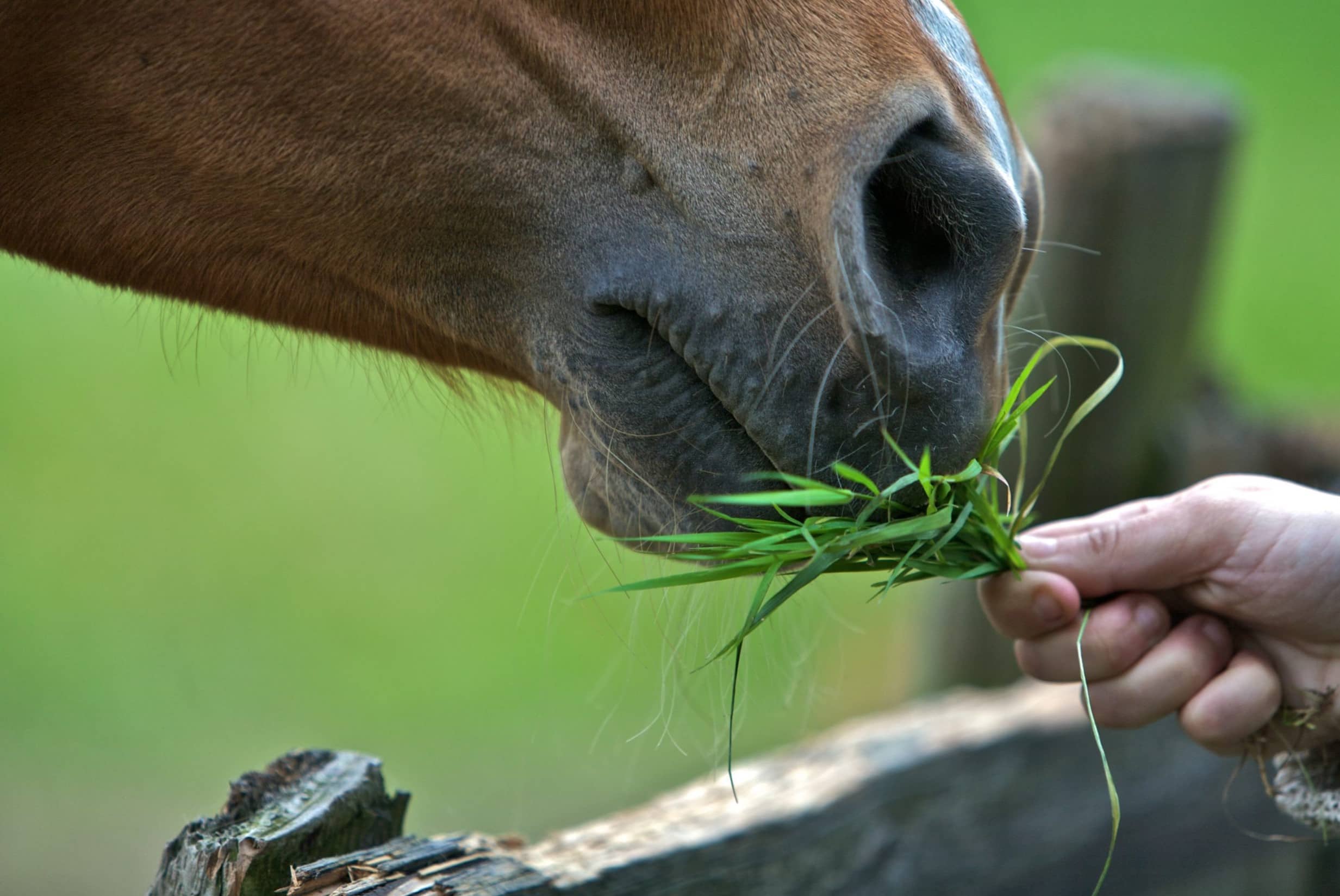

Landscaping Ideas
Why Can’t Horses Eat Grass Clippings
Modified: March 26, 2024
Learn why horses can't eat grass clippings and how landscaping ideas can help keep them safe and healthy. Explore the potential risks and solutions now!
(Many of the links in this article redirect to a specific reviewed product. Your purchase of these products through affiliate links helps to generate commission for Storables.com, at no extra cost. Learn more)
Introduction
Read more: How Do Horses Eat Grass
The Importance of Safe Feeding Practices for Horses
Owning a horse comes with the responsibility of ensuring their health and well-being, especially when it comes to their diet. While horses are known for their ability to graze on grass, it's crucial to understand that not all forms of grass are suitable for their consumption. In particular, grass clippings, a byproduct of lawn maintenance, pose significant risks to horses if ingested. This article delves into the potential dangers of feeding horses grass clippings, shedding light on the digestive issues, potential toxins, and choking hazards associated with this practice. By exploring safe feeding practices, horse owners can gain valuable insights into promoting the optimal health of their equine companions. Let's delve into the complexities of equine nutrition and the potential risks associated with feeding horses grass clippings.
Key Takeaways:
- Grass clippings can harm horses by causing digestive issues, exposing them to toxins, and posing choking hazards. Horse owners should prioritize safe feeding practices to protect their equine companions’ health and well-being.
- To keep horses healthy, avoid feeding them grass clippings and opt for high-quality forage. Implement controlled grazing, a balanced diet, and regular monitoring to ensure their safety and vitality.
The Dangers of Grass Clippings for Horses
While the sight of freshly mowed grass can be appealing, it’s essential for horse owners to recognize the potential dangers that grass clippings pose to their equine companions. Contrary to popular belief, grass clippings can have adverse effects on a horse’s health and well-being, making it crucial to exercise caution when it comes to their consumption.
Grass clippings can be detrimental to horses due to several factors, including their impact on the digestive system, the presence of potential toxins, and the risk of choking hazards. Understanding these dangers is paramount in safeguarding the health of horses and promoting responsible feeding practices.
By delving into the specifics of these dangers, horse owners can gain a deeper understanding of the risks associated with feeding grass clippings to their equine companions. This knowledge serves as a foundation for implementing safe and informed feeding practices that prioritize the well-being of horses.
Digestive Issues
Feeding horses grass clippings can lead to a myriad of digestive issues that can significantly impact their health. When horses consume large quantities of grass clippings, particularly when they are damp or decomposing, it can disrupt their delicate digestive system. The high moisture content and rapid fermentation of grass clippings can cause digestive disturbances such as colic, a common and potentially life-threatening condition in horses.
Colic, characterized by abdominal pain and discomfort, can manifest in various forms, ranging from mild to severe. The ingestion of grass clippings can contribute to impaction colic, where the accumulation of indigestible material obstructs the gastrointestinal tract. This can lead to severe discomfort and necessitate immediate veterinary intervention to alleviate the blockage and prevent further complications.
Moreover, the rapid fermentation of grass clippings in the horse’s digestive tract can disrupt the delicate balance of gut microflora, potentially leading to gastrointestinal upset and diarrhea. These digestive issues not only cause discomfort for the horse but also pose a significant risk to their overall health and well-being.
By understanding the potential digestive issues associated with feeding grass clippings, horse owners can make informed decisions regarding their equine companions’ diet. Prioritizing the consumption of safe and appropriate forage can help mitigate the risk of digestive disturbances and contribute to the overall health and vitality of horses.
Potential Toxins
Feeding horses grass clippings introduces the potential risk of exposing them to toxins that may be present in the clippings. Lawns often undergo various treatments, including the application of herbicides, pesticides, and fertilizers to maintain their lush appearance. When grass clippings from treated lawns are consumed by horses, they inadvertently ingest these potentially harmful substances, posing a serious threat to their health.
Herbicides and pesticides used in lawn maintenance contain chemical compounds that are designed to target and eliminate unwanted plant species and pests. When horses consume grass clippings treated with these substances, they are exposed to the risk of toxicity, which can manifest in a range of adverse effects, including gastrointestinal disturbances, neurological symptoms, and systemic toxicity.
Furthermore, fertilizers used to promote lawn growth and vigor can contain high levels of nitrogen, phosphorus, and potassium, along with other micronutrients. Ingesting grass clippings that have been in contact with these fertilizers can lead to an imbalance of nutrients in the horse’s diet, potentially causing metabolic disturbances and compromising their overall health.
Recognizing the potential presence of toxins in grass clippings underscores the importance of exercising caution when considering them as a feed option for horses. By prioritizing safe and uncontaminated forage sources, horse owners can mitigate the risk of exposing their equine companions to harmful substances, thereby promoting their well-being and longevity.
Read more: What Kind Of Grass Do Horses Eat
Choking Hazards
Feeding horses grass clippings poses a significant risk of choking, a potentially life-threatening condition that can occur when horses consume large quantities of clippings in a short period. Unlike their natural grazing behavior, where horses meticulously chew and process grass, consuming clippings can lead to the ingestion of long strands of grass that are difficult to chew thoroughly.
When horses ingest inadequately chewed grass clippings, there is a heightened risk of the material becoming lodged in their esophagus, leading to choking. This can result in severe respiratory distress, discomfort, and potentially fatal consequences if not promptly addressed.
Moreover, the rapid fermentation of grass clippings in the esophagus can exacerbate the risk of choking, as the release of gases during fermentation can cause the clippings to expand and become lodged in the horse’s throat. This further underscores the potential dangers associated with feeding horses grass clippings and emphasizes the need for vigilant feeding practices.
Recognizing the choking hazards posed by grass clippings underscores the importance of prioritizing safe and appropriate forage options for horses. By being mindful of the potential risks and taking proactive measures to prevent choking incidents, horse owners can safeguard the well-being of their equine companions and promote a safe feeding environment.
Safe Feeding Practices
Implementing safe feeding practices is essential for promoting the health and well-being of horses and mitigating the potential risks associated with feeding grass clippings. By prioritizing the following guidelines, horse owners can ensure that their equine companions receive a nutritionally balanced diet while minimizing the likelihood of digestive issues, toxin exposure, and choking hazards.
1. Quality Forage
Provide horses with high-quality forage, such as fresh pasture grass, hay, or haylage, that is free from contaminants and toxins. Ensuring that the forage is free from potentially harmful substances is crucial in safeguarding the health of horses and preventing adverse reactions.
2. Controlled Grazing
Allow horses to graze in well-maintained pastures that are free from hazards and unsuitable forage. Regular pasture management, including the removal of toxic plants and monitoring of grass growth, contributes to a safe grazing environment for horses.
Read more: Why Is Puppy Eating Grass
3. Balanced Diet
Consult with a veterinarian or equine nutritionist to develop a balanced diet tailored to the specific nutritional needs of horses. A well-rounded diet that incorporates quality forage, concentrates, and supplements supports optimal health and performance while minimizing the risk of nutritional imbalances.
4. Avoiding Lawn Clippings
Avoid feeding horses grass clippings from lawns that may have been treated with herbicides, pesticides, or fertilizers. Opt for safe forage alternatives to reduce the risk of toxin exposure and digestive disturbances associated with grass clippings.
5. Regular Monitoring
Regularly monitor horses for signs of digestive discomfort, abnormal behavior, or changes in appetite. Promptly addressing any concerns related to their feeding habits and overall well-being is crucial in maintaining their health and vitality.
By adhering to these safe feeding practices, horse owners can prioritize the health and safety of their equine companions while fostering a nourishing and supportive feeding environment.
Conclusion
Understanding the potential dangers associated with feeding horses grass clippings is paramount in promoting responsible equine care and nutrition. By recognizing the risks of digestive issues, potential toxins, and choking hazards, horse owners can make informed decisions to prioritize the health and well-being of their equine companions.
Embracing safe feeding practices, including providing quality forage, controlled grazing, a balanced diet, and regular monitoring, serves as a cornerstone for maintaining the optimal health of horses. By avoiding the feeding of grass clippings and opting for safe forage alternatives, horse owners can mitigate the potential risks of toxin exposure and digestive disturbances, thereby safeguarding the overall well-being of their equine companions.
As stewards of equine health, it is essential for horse owners to remain vigilant and proactive in their approach to feeding practices, ensuring that the nutritional needs of horses are met while minimizing the likelihood of adverse health effects. By prioritizing safe and informed feeding practices, horse owners play a pivotal role in nurturing a healthy and thriving equine community.
Ultimately, through education, awareness, and a commitment to responsible feeding, horse owners can create an environment where horses can flourish and thrive, embodying the true essence of equine care and companionship.
Frequently Asked Questions about Why Can't Horses Eat Grass Clippings
Was this page helpful?
At Storables.com, we guarantee accurate and reliable information. Our content, validated by Expert Board Contributors, is crafted following stringent Editorial Policies. We're committed to providing you with well-researched, expert-backed insights for all your informational needs.
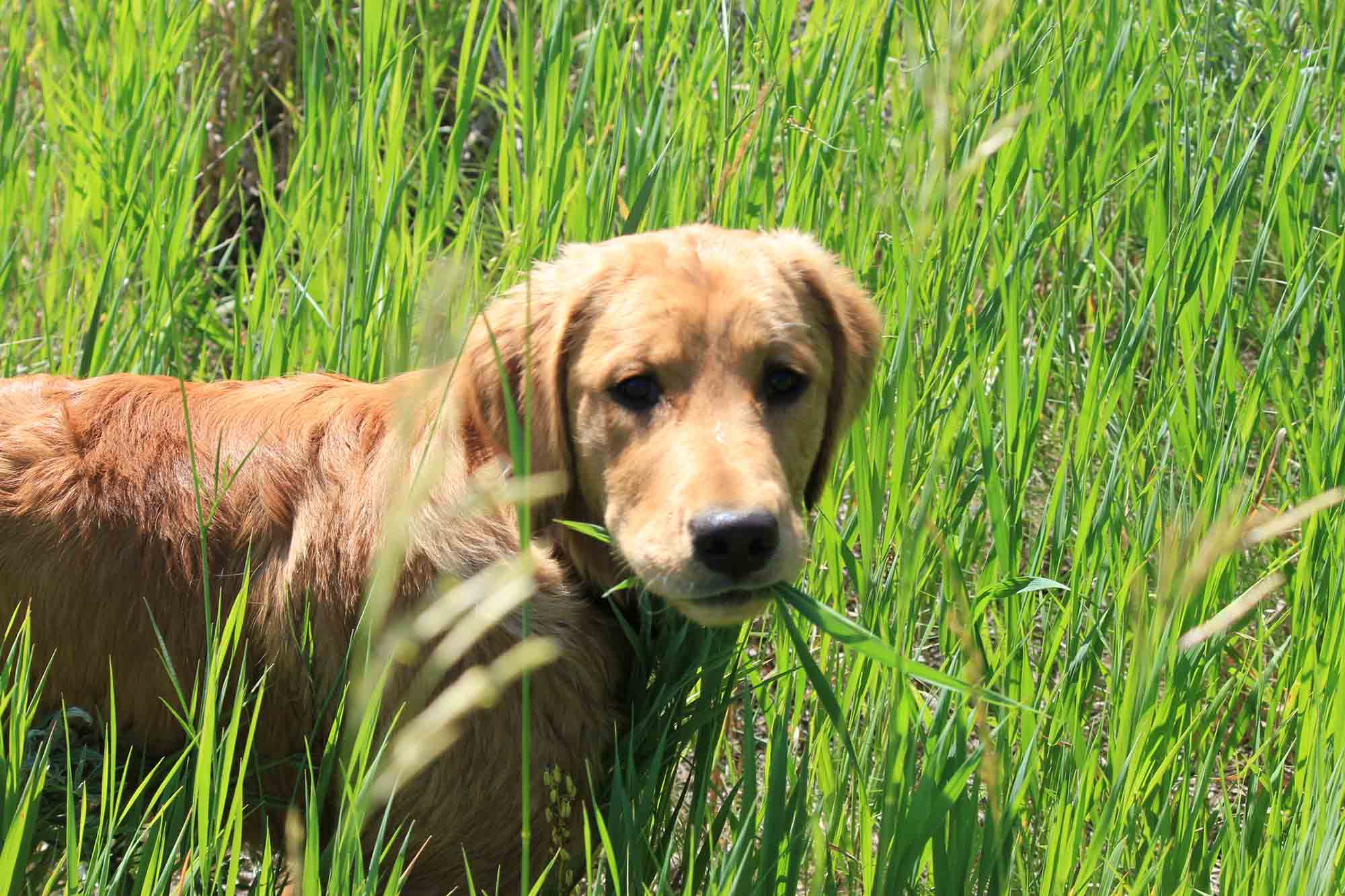
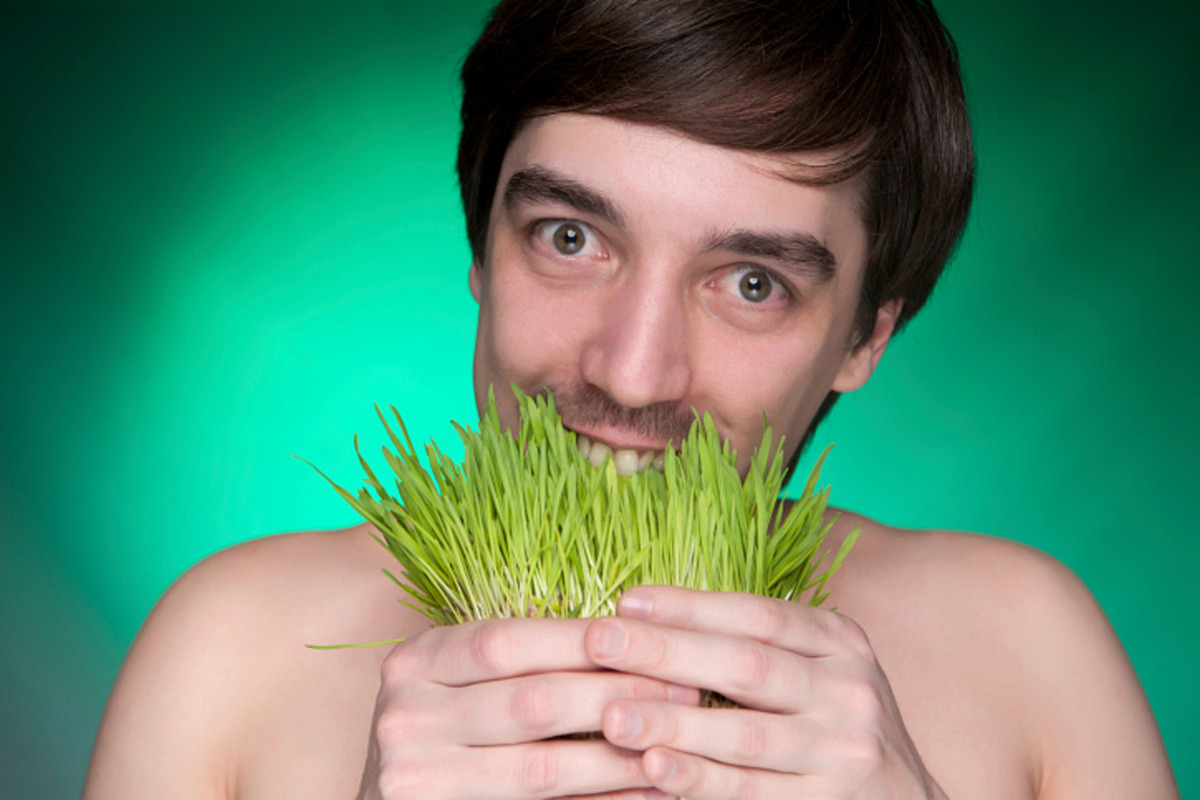
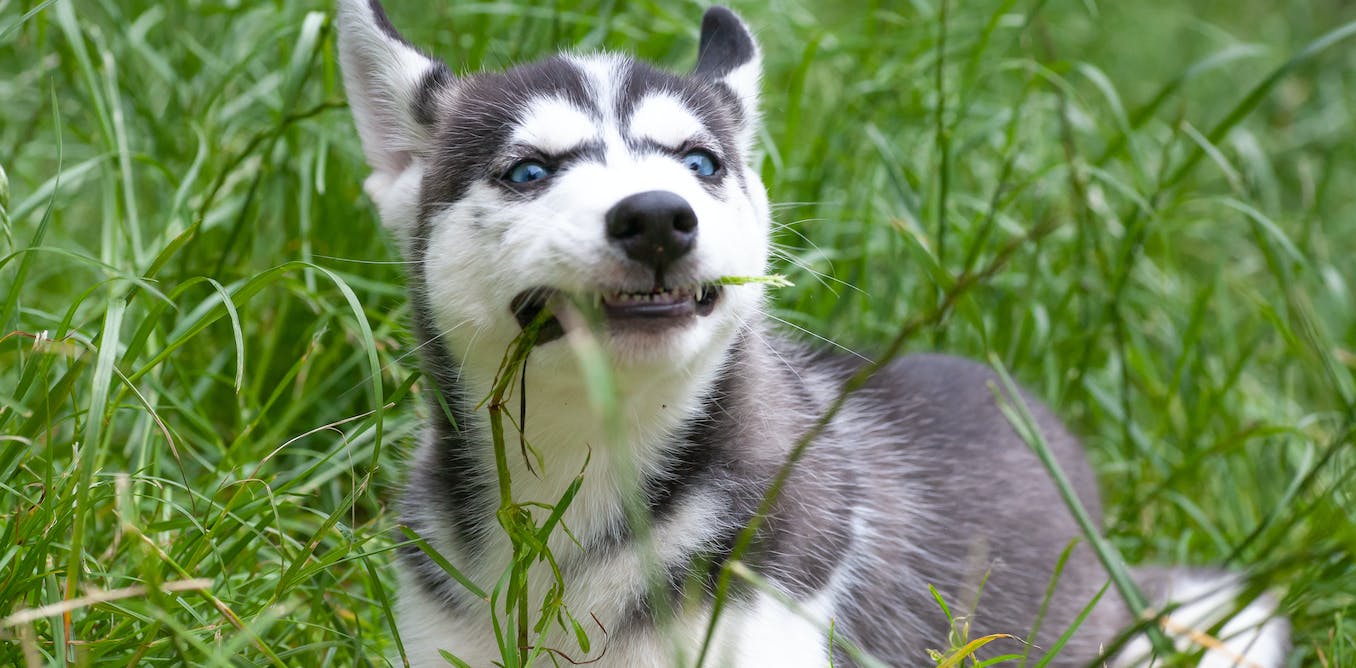
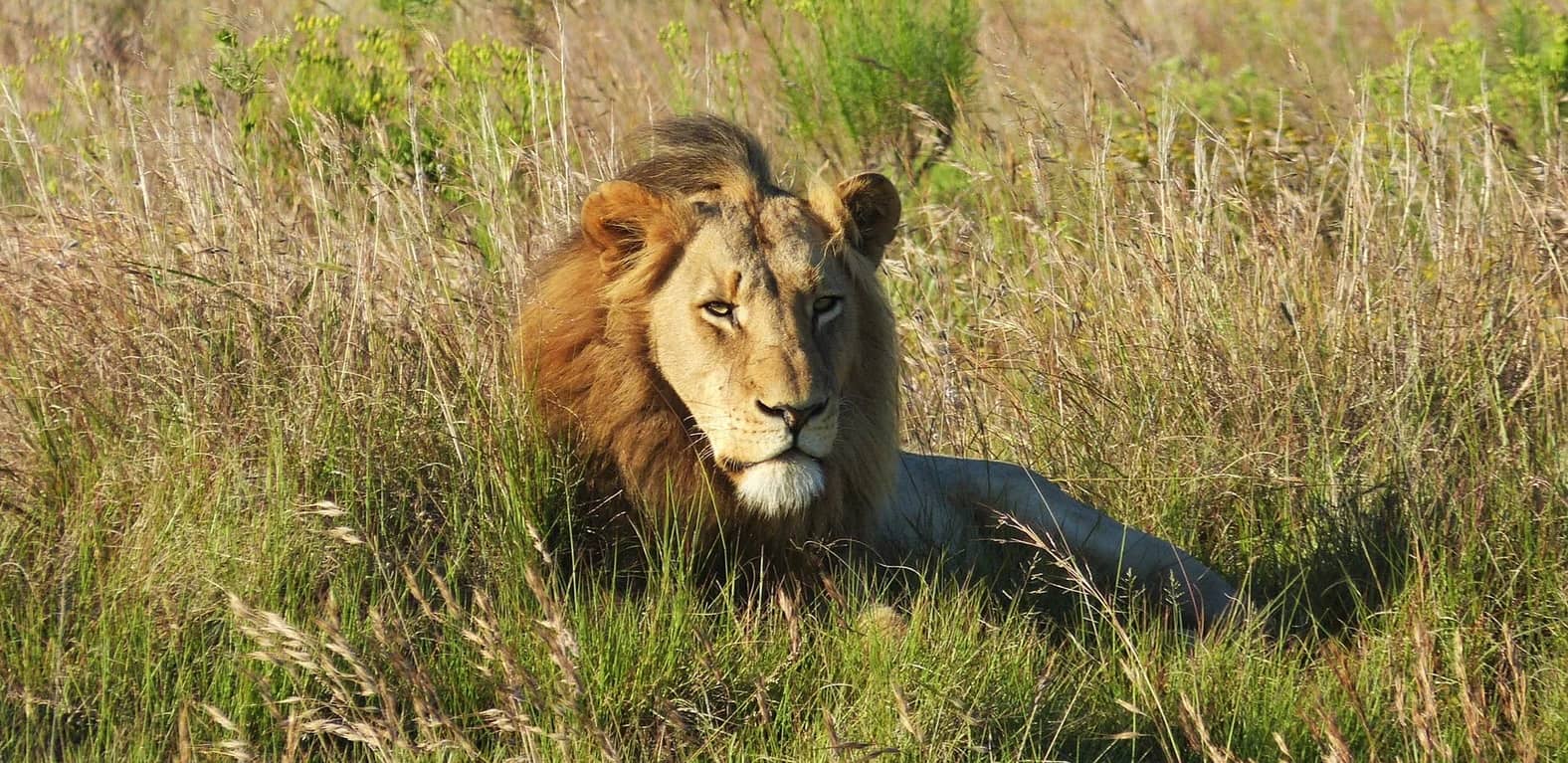
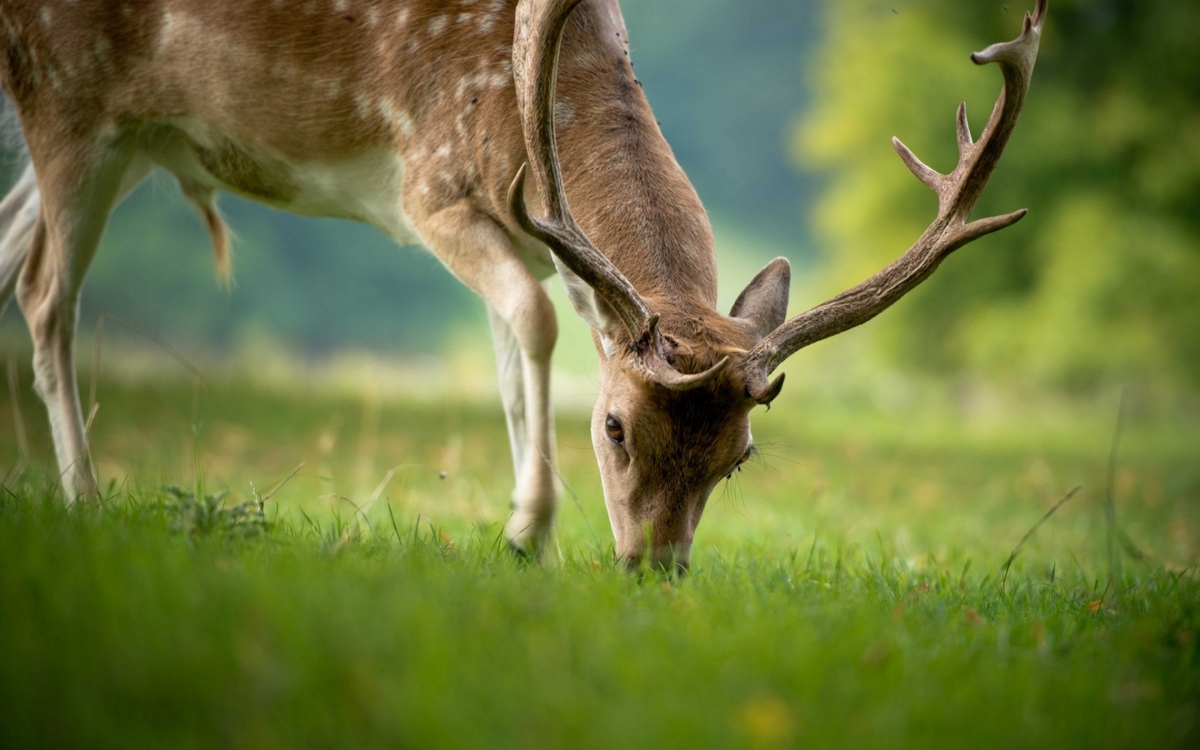
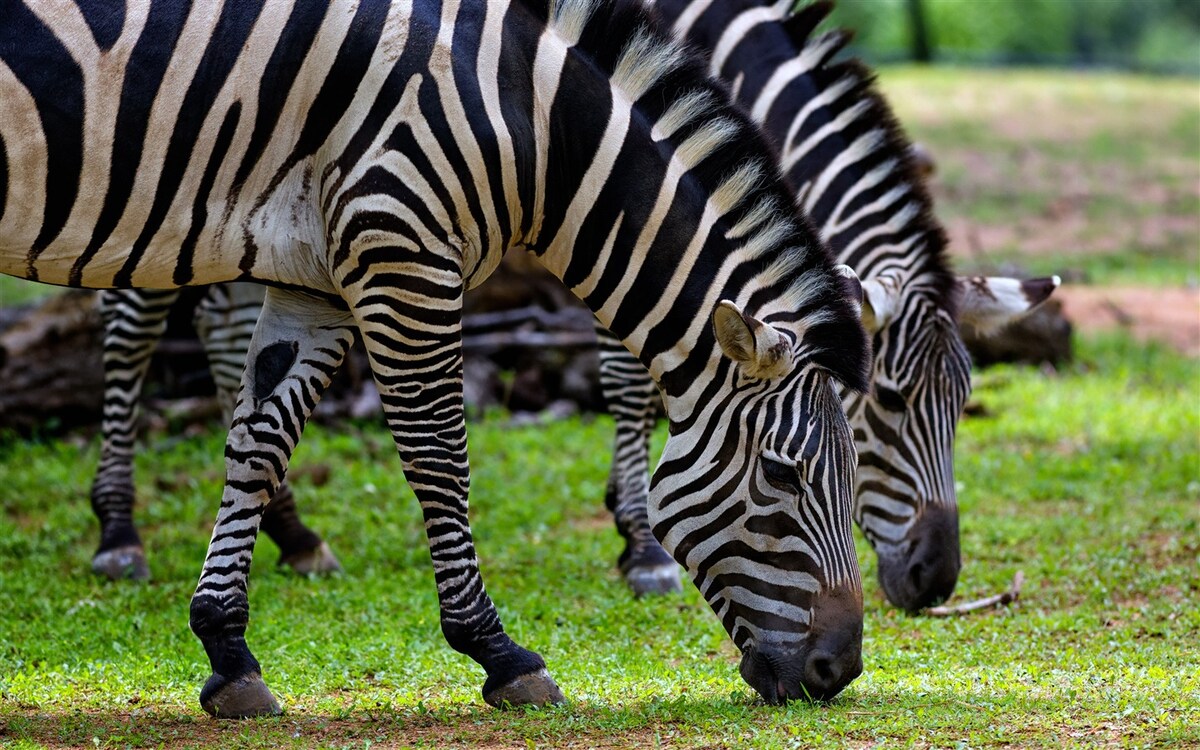
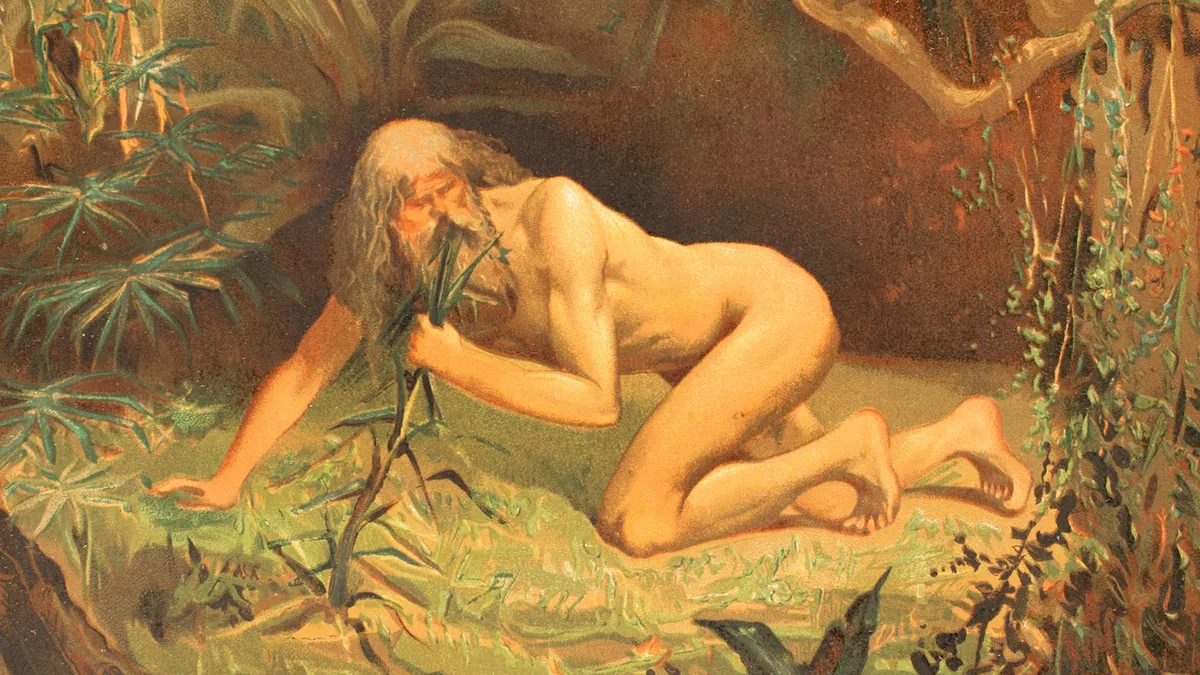
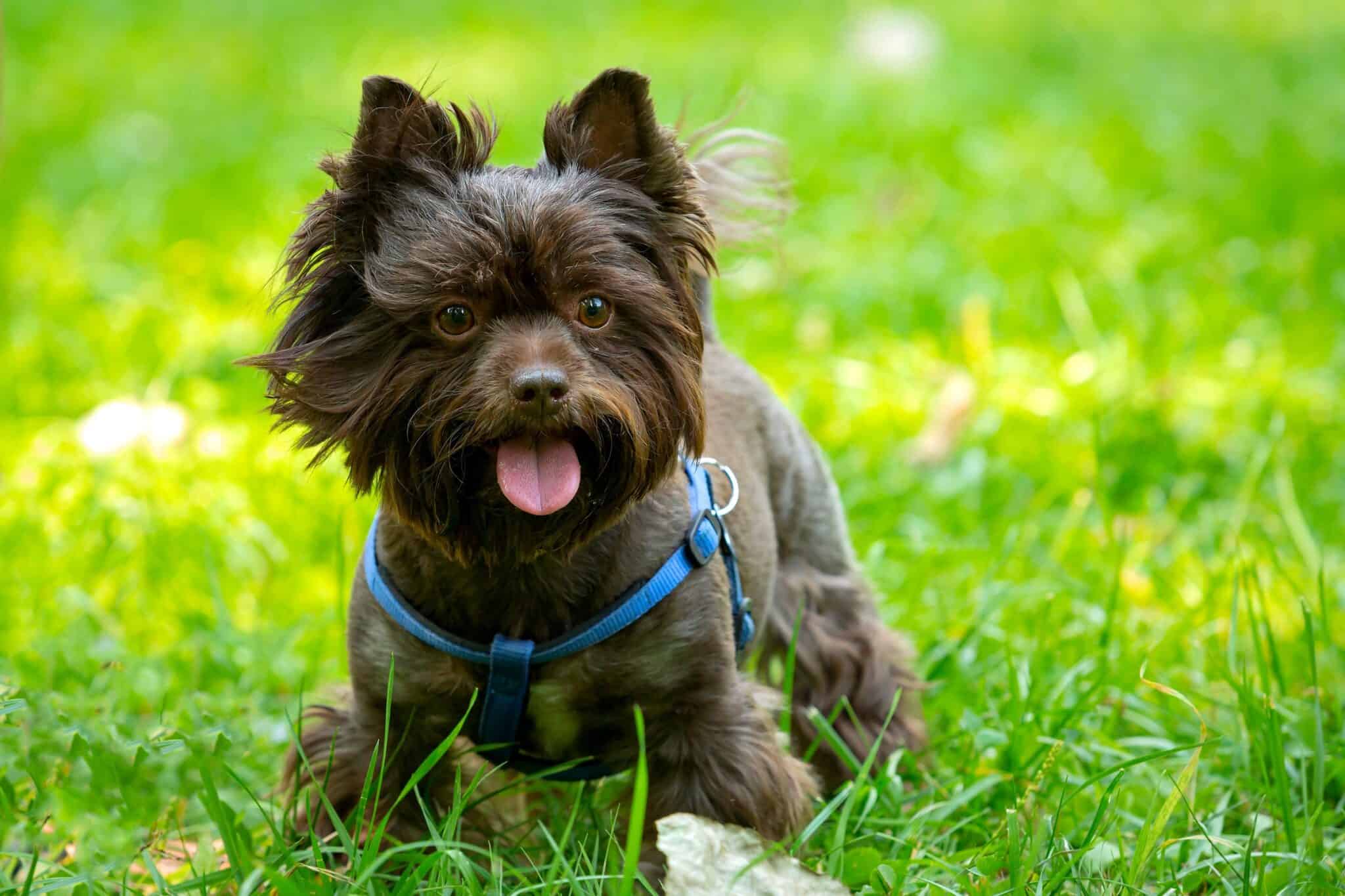
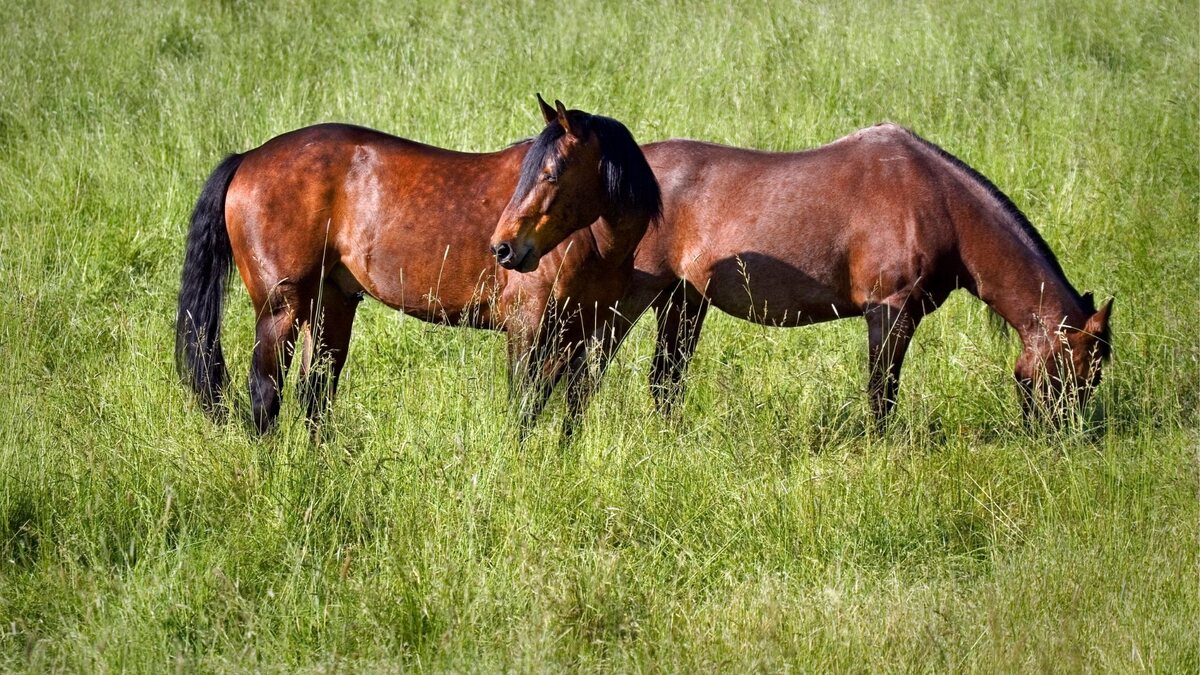
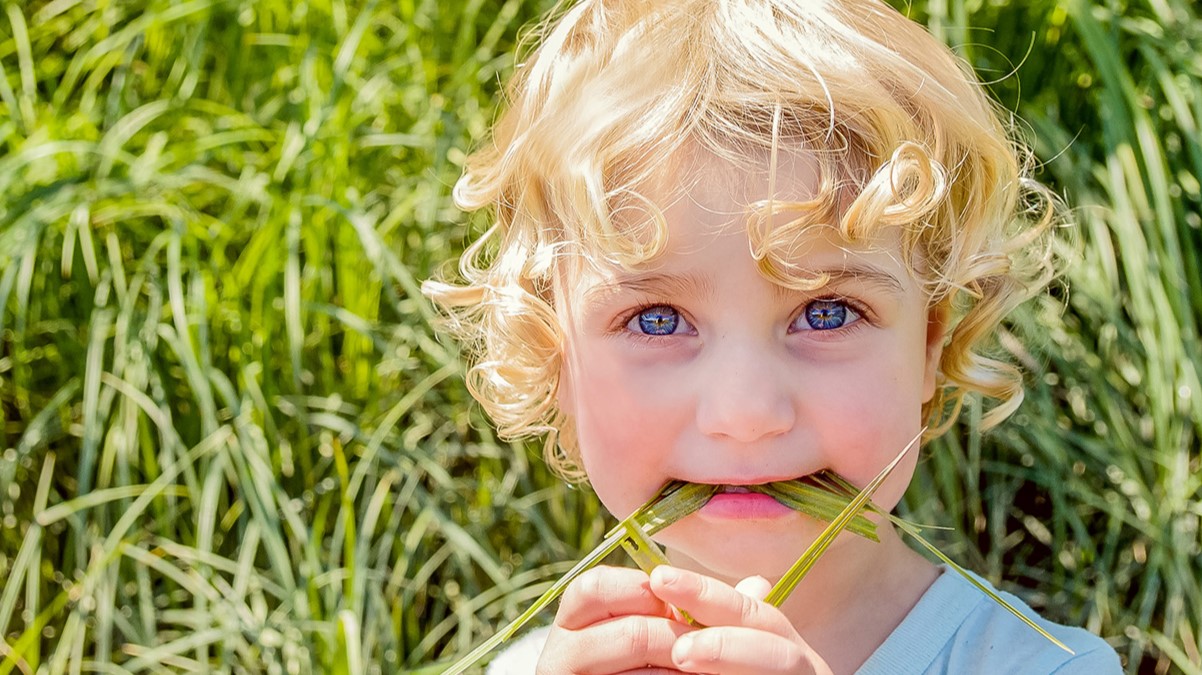
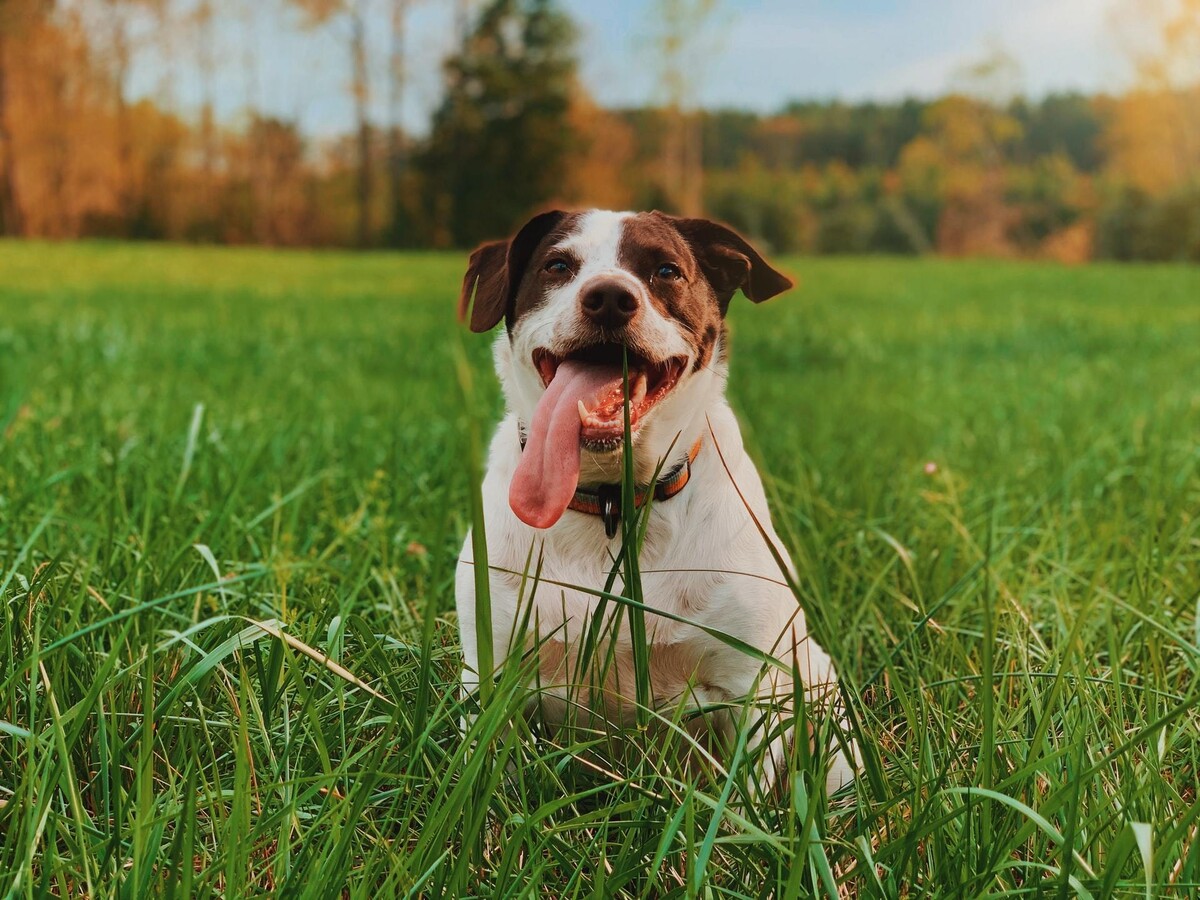
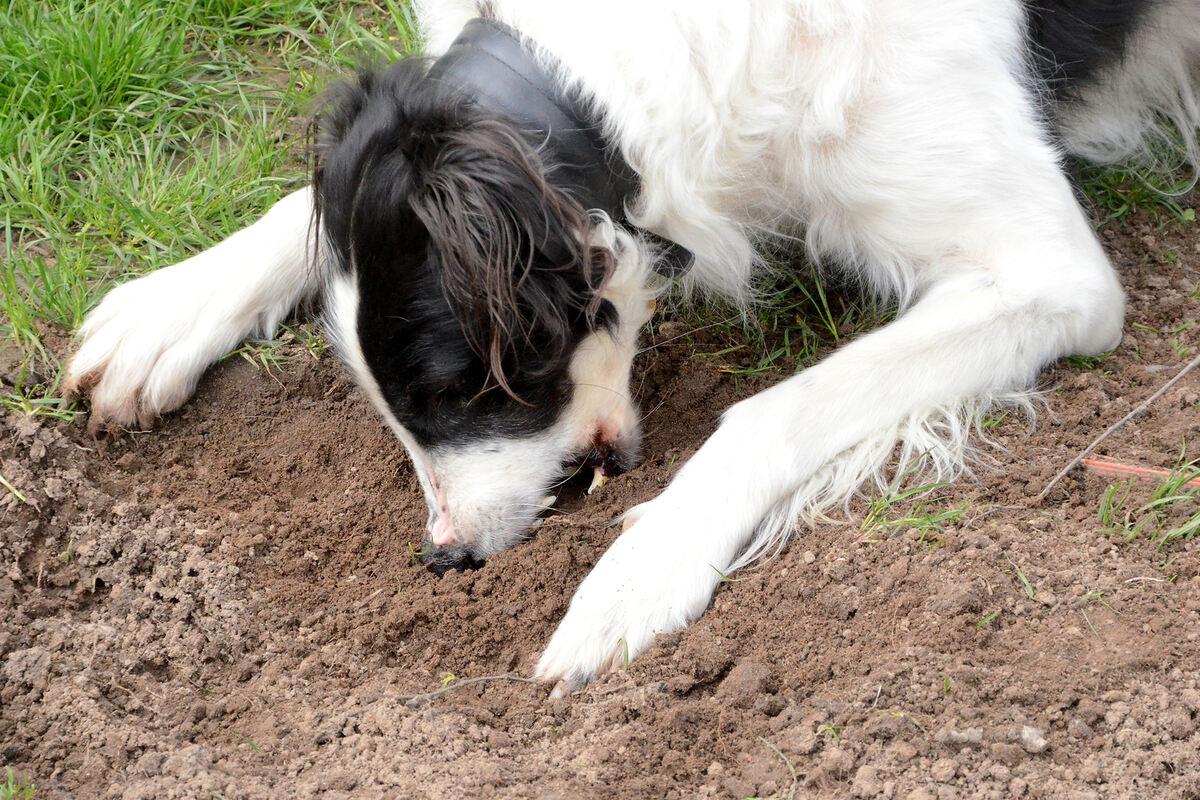
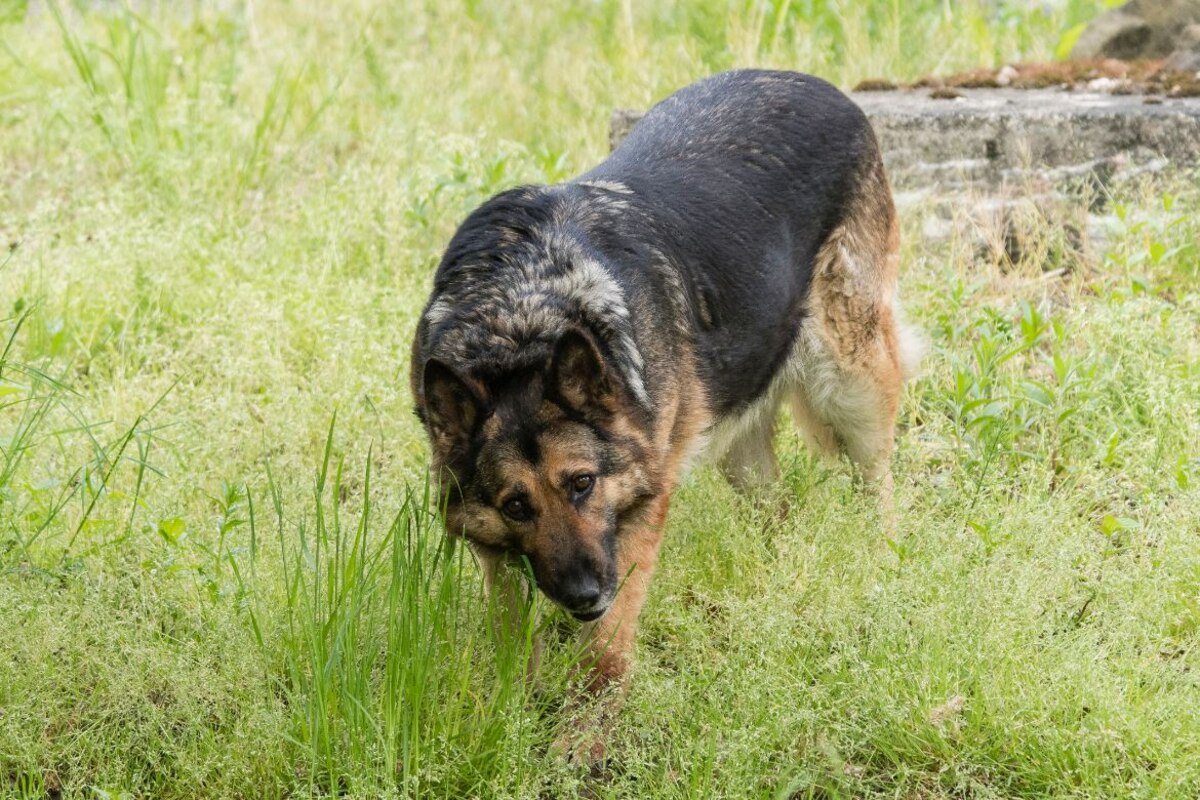

0 thoughts on “Why Can’t Horses Eat Grass Clippings”